Red-Blooded
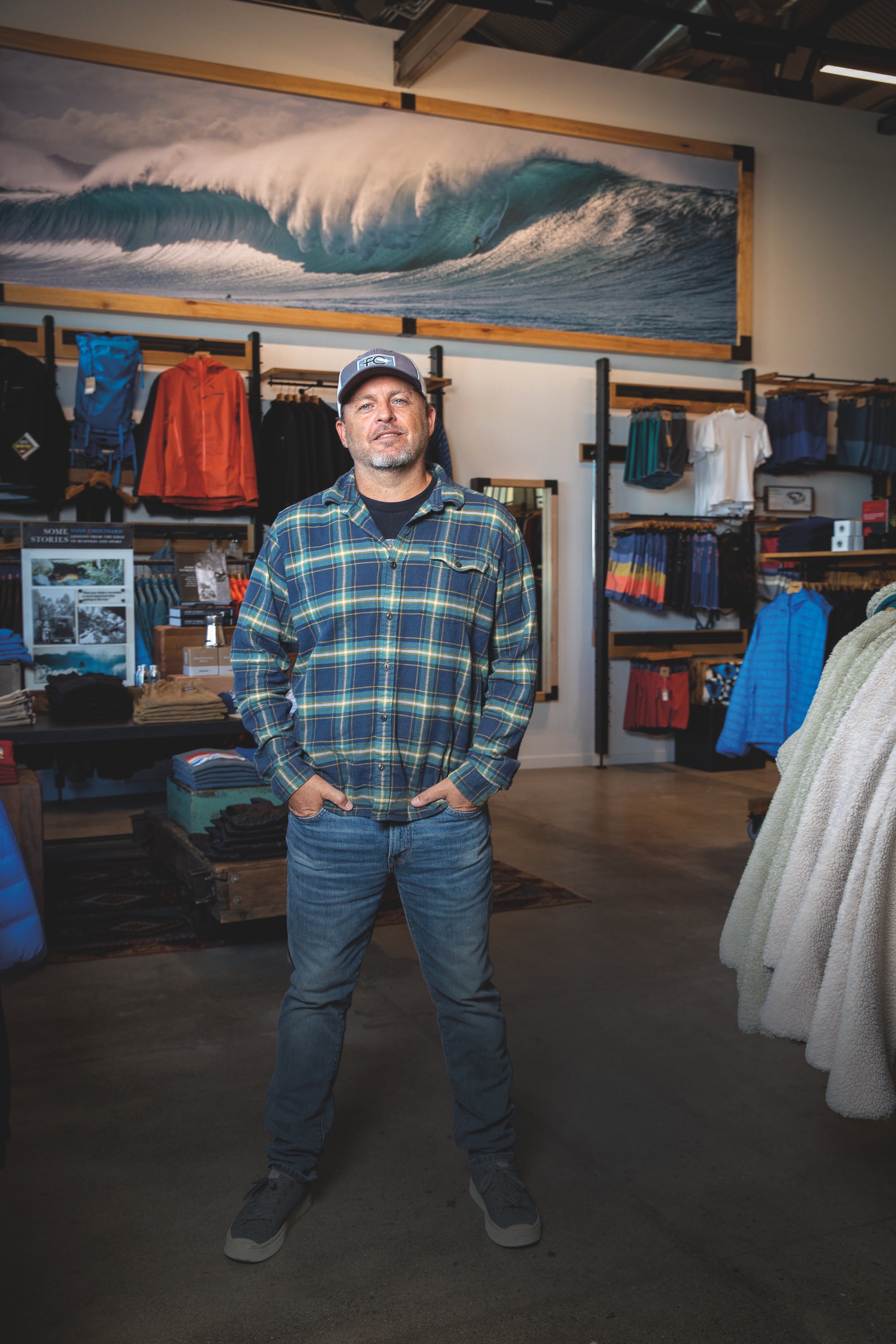
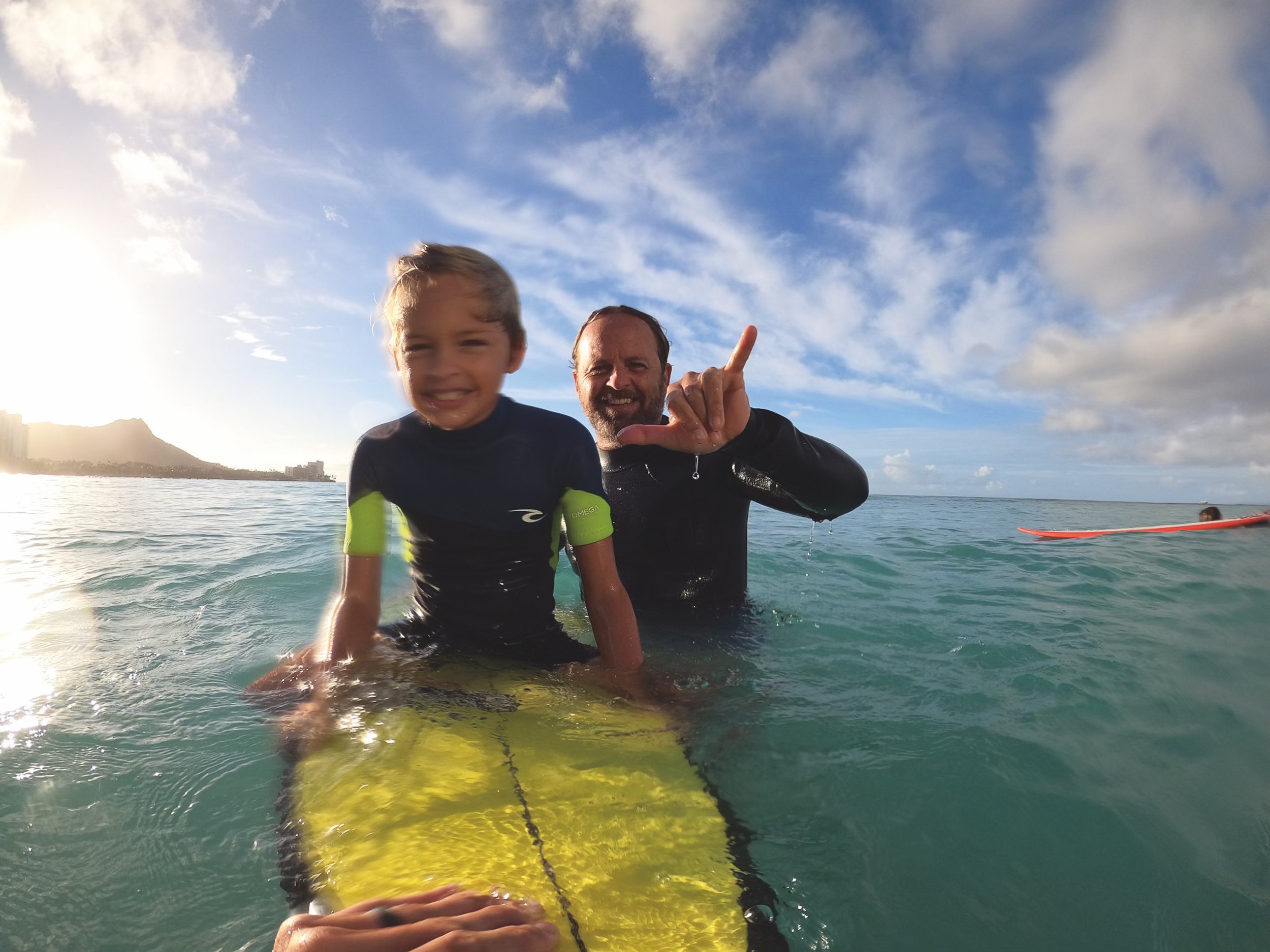
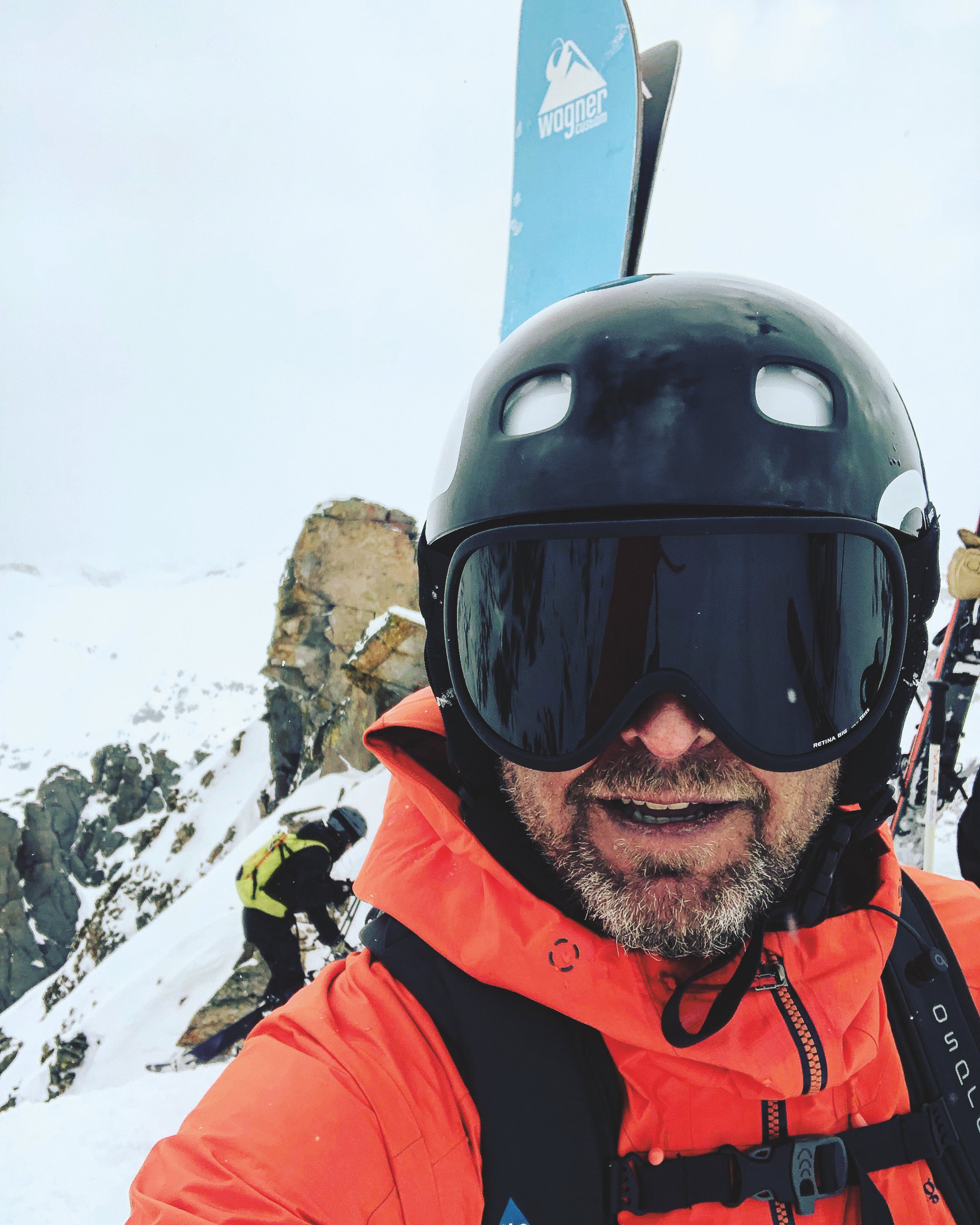
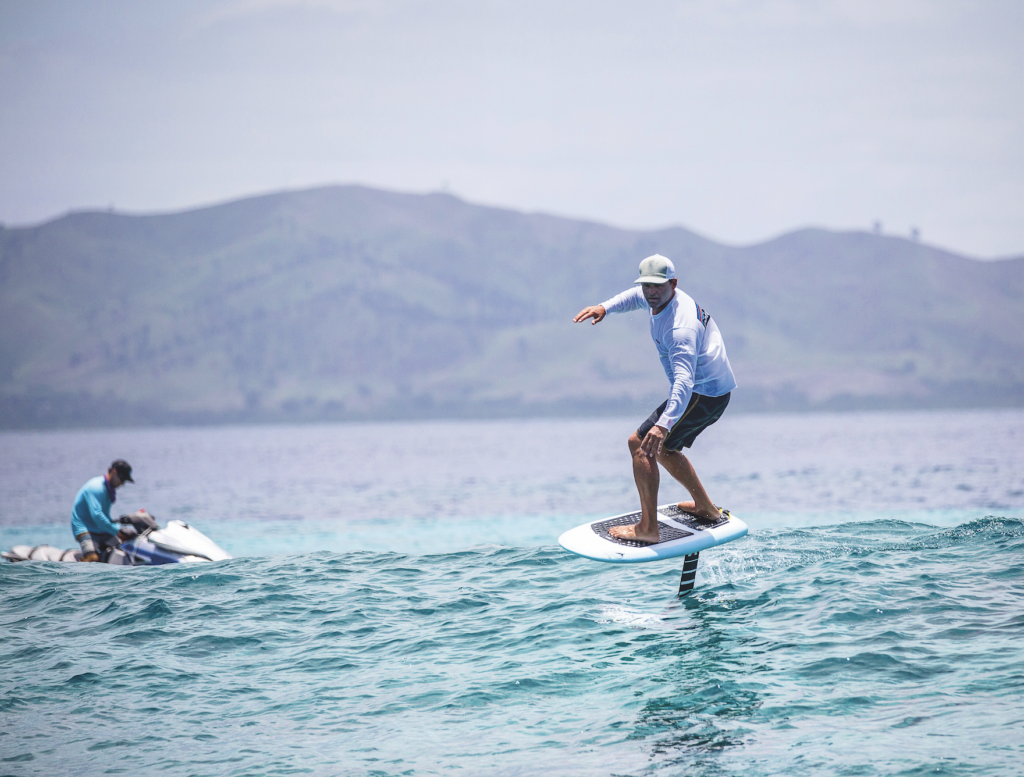
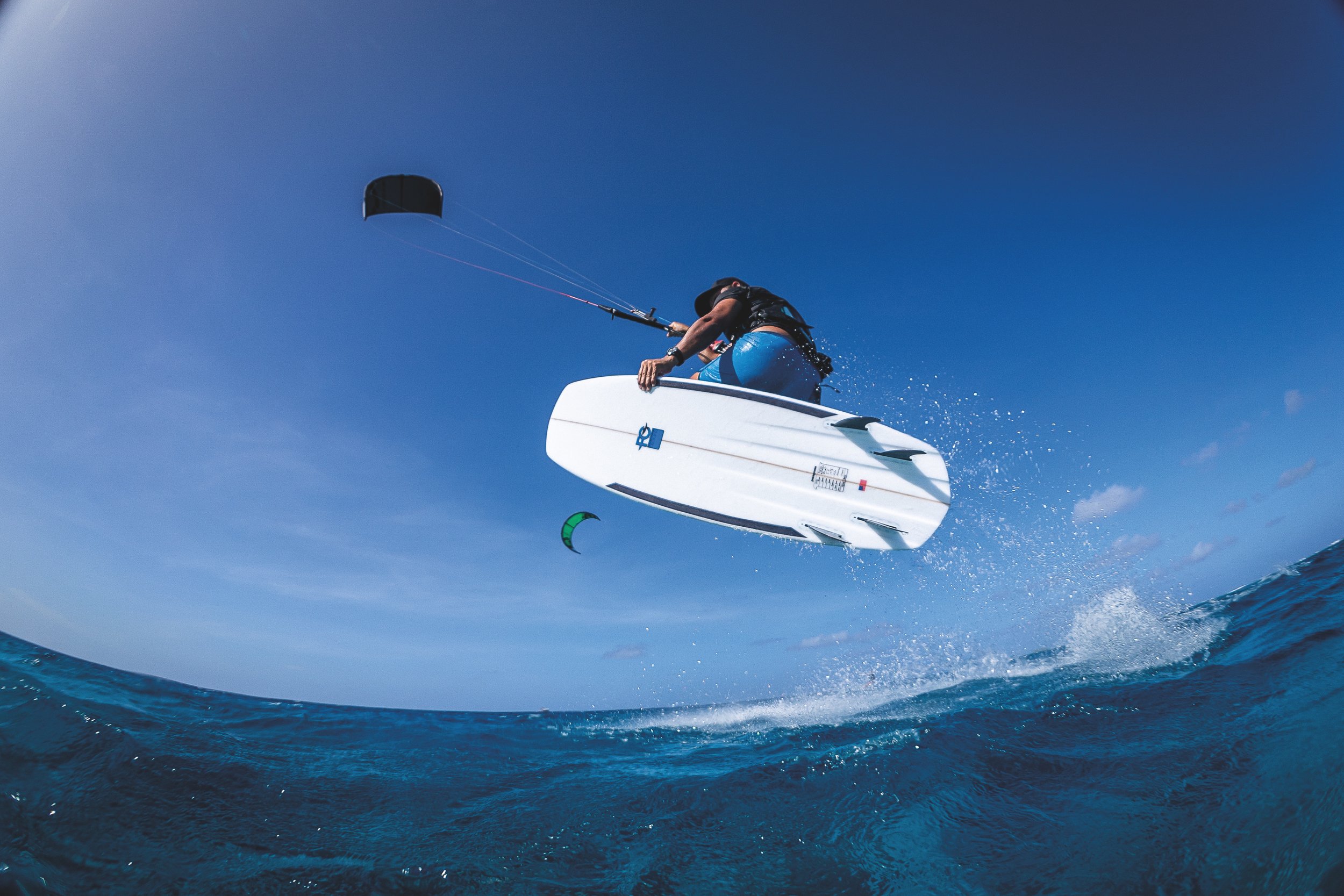
It was all a bit Zen how it came together,” Bremen Schmeltz says. Schmeltz is talking about the enigmatic decision he made in 2003 to walk away from the world of yacht racing to become a sales rep for outdoor clothing company Patagonia. At the height of his racing career, he had been fresh off racing in the America’s Cup and was about to move to Europe with BMW Oracle. Most people couldn’t understand his thinking. And, perhaps, neither could he.
“I met somebody in the water and that led to ‘Come have a coffee,’ and that led to interviews,” Schmeltz says. “I don’t actually know why I took it, why I left that career to come to this.”
But, looking back on it now, Schmeltz sees that, in a way, joining Patagonia was a return to his roots in Hawai‘i. As a youngster growing up on the Kohala Coast, Schmeltz sometimes helped out a local photographer who took pictures for Patagonia.
“I used to go hold the reflectors,” he remembers. Eventually, he ended up on the other side of the camera, too, with photos of Schmeltz snowboarding on Mauna Kea appearing in the Patagonia catalog. “So, I’ve been orbiting it my whole life in a strange way.”
Schmeltz now leads Patagonia’s retail business in the Asia Pacific, which includes Japan, South Korea, Hong Kong, Taiwan, China and Australia. There are logistical advantages, of course, to being based in Honolulu and working in the Asia Pacific region, or APAC.
“I work California hours in the morning,” he says, referring to Patagonia’s headquarters in Ventura, “and APAC hours in the afternoon.”
But the real reason he pitched working from Hawai‘i was to come home. “Ultimately, for me, I’m a person of the ocean. So, being home and having my time with my son here in Hawai‘i, I need that balance in order to be able to go and commit the rest of that time to Patagonia stuff.”
By “Patagonia stuff,” Schmeltz notably does not mean selling clothes. When he lists the company’s accomplishments and the projects that excite him, none of them have to do with hitting sales goals or Patagonia’s staggering $1 billion in annual revenue.
Instead, he describes the company’s progress on completely moving away from petrochemicals in its supply chain, including those pesky microplastics in your fleece jacket that can come off in the wash, eventually making their way into our soil and waterways.
Schmeltz is also proud of the work that some of his staff in Patagonia’s Torquay, Australia store did to fight Big Oil. The company, which donates a large portion of its sales revenue to environmental causes, provided financial support, Schmeltz says, but also gave local environmental nonprofits a voice and a platform to successfully block oil drilling off the Australian coast.
“Literally, there were a thousand people paddling out in protest all up and down the coast in Australia. National news… and all of a sudden, it became a real thing,” he gushes.
Schmeltz acknowledges that this kind of in-your-face environmental activism is not what people think of when they think of retail clothing. But for Patagonia, it just makes sense.
“It’s all founded and rooted in apparel and gear for outdoor athletes. We make stuff for people to go enjoy the ocean and enjoy the mountains. But, in order to do that,” Schmeltz explains, “we have to protect it and preserve it.
This is the core of working at Patagonia, where making and selling clothes is actually only a small part of what Schmeltz says the company does. It’s also what drew him to join the company. He’s been there for almost 20 years and counting, the entirety of his non-racing career.
One thing that carries over from his earlier days is his appreciation for good competition. “I’m red-blooded,” Schmeltz says. “I love getting after it and I want to win — just, at our game.” For Schmeltz and for Patagonia, this means being a leader in the business world in order to make business better for people and for the planet.
The challenges of doing this in Asia — particularly in places like South Korea, the home of Fast Fashion — fascinate Schmeltz. And these are challenges that he feels well-suited to tackle, particularly as someone who grew up in Hawai‘i.
Rather than entering emerging markets and right away lecturing local companies on changing their environmental and labor practices, Schmeltz emphasizes first becoming one with the community, language, culture and history of every APAC country that Patagonia operates in. From there, he says, success comes naturally.
“Growing up in Hawai‘i absolutely, 100% gave me a leg up in that learning curve,” he says.
“In Hawai‘i, there’s the humility, and especially the respect that we show for our kupuna,” he says, giving one example. “That’s not necessarily an American thing, but it’s a Hawai‘i thing. And it’s certainly an Asia Pacific thing. The importance of that in business is incredible. That’s one of the most important things that I’ve been fortunate to have a head start on — growing up in Hawai‘i and understanding that. It’s innate in us. And I recognized it over there.”
Schmeltz also appreciates how some of the lessons learned in APAC can be brought back home to Patagonia’s HQ in Ventura, and also to Hawai‘i.
“It almost flips on itself in that I also understand Hawai‘i’s Asian roots better now that I can see where it came from.
As for the world at large? Even though Schmeltz has made a career of tackling big problems — including facing the grim realities of climate change — he remains optimistic.
“I have to be,” he concludes. “Otherwise, it gives me the willies.” But that’s not the whole picture.
“What’s the saying? Necessity is the mother of invention? There’s a lot of cool things that we could be doing,” Schmeltz concludes, referring to the urgency of solving the climate crisis. “We’re on the ground floor. So, you know, get to work on it.”
